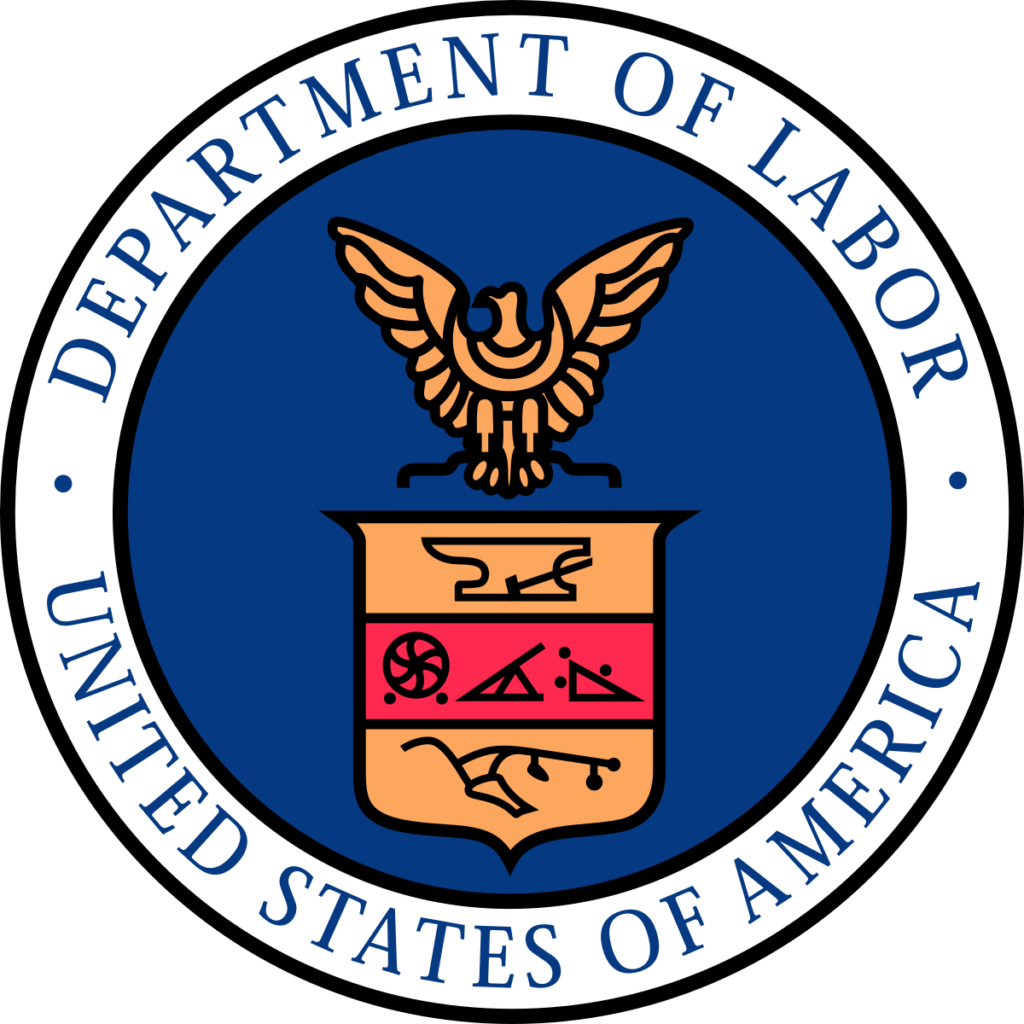Employment Law Report
Lawsuits Challenge DOL’s New Independent Contractor Rule

Written by: Michelle Wyrick
Groups opposed to the United States Department of Labor’s (“DOL’s”) new independent contractor rule have filed lawsuits challenging the rule, which is set to take effect on March 11, 2024.
What does the new rule do? The new DOL independent contractor rule, which was published on January 10, 2024, makes it more difficult to classify workers as independent contractors under the Fair Labor Standards Act (“FLSA”), which governs entitlement to overtime pay, among other things. The rule rescinds the more employer-friendly 2021 test that was implemented during the Trump administration. The new rule requires employers to use a multi-factor economic realities test when determining whether a worker is an employee or an independent contractor. Under the new rule, when deciding whether to treat a worker as an independent contractor or employee, the employer is supposed to consider whether the worker has an opportunity for profit or loss, what investments, if any, are made by the worker and the employer, the permanence of the work relationship, the nature and degree of control that the employer has over the work, whether the work performed is integral to the employer’s business, and the skills and initiative required to perform the work. The focus is whether “as a matter of economic reality,” the worker is “economically dependent on an employer for work.” The DOL has issued a set of frequently asked questions (FAQs) to explain the new rule.
Unlike the previous rule, the issues of control and opportunity for profit or loss are not weighed more heavily than the other factors. Employers who incorrectly classify workers as independent contractors can be liable for unpaid overtime, liquidated damages and attorneys’ fees.
The challenges: The first challenge, Coalition for Workforce Innovation v. Su, No. 22-40316 (5th Cir. Jan. 11, 2024), revives a lawsuit that a coalition of business groups originally filed in March 2021. Coalition for Workforce Innovation v. Walsh, No. 1:21-cv-00130 (E.D. Tex. Mar. 26, 2021), No. 22-40316 (5th Cir. May 16, 2022). The 2021 lawsuit challenged the Biden administration’s promulgation of an independent contractor rule that withdrew the previous Trump administration’s more employer-friendly rule. In the 2021 lawsuit, a federal court in Texas temporarily reinstated the Trump administration’s rule, but that decision was later stayed while the DOL appealed to the United States Court of Appeals for the Fifth Circuit. When the new rule was issued, the businesses returned to the Fifth Circuit and asked the Court to lift the stay and send the case back to the District Court for the Eastern District of Texas to review their challenges to the new rule. On February 19, 2024, the Fifth Circuit granted the request and sent the case back to the Texas federal district court, but it also vacated the Texas federal district court’s prior decision because it was moot. See Coalition for Workforce Innovation v. Su, No. 22-40316 (5th Cir. Feb. 19, 2024). Although the new rule differs in some respects from the rule challenged in the original case, both rules rescinded the Trump administration rule.
The second challenge, Warren v. United States Dep’t of Labor, No. 2:24-cv-00007 (N.D. Ga. Jan 16, 2024), was filed by a group of freelance writers who contend that the new rule forces them into unwanted employment relationships. They claim that they may lose business or incur more costs because of the new rule.
A third challenge, Fridard’s Transp., LLC v. United States Dep’t of Labor, No. 2:24-cv-00347 (E.D. La. Feb. 8, 2024), has been filed on behalf of the owner of an independent trucking business that relies on contracting labor. The trucking business contracts with more than thirty owner-operated truck drivers and pays them a flat percentage of the shipping fee for each load they haul. The trucking business argues that the new rule threatens to upend its business operations, increases costs and potentially drive many of the truckers out of business or into different lines of business.
Effect of the Lawsuits: Each of the lawsuits aims to prevent the new rule from taking effect. No decision has yet been made in any lawsuit. At this time, employers should continue to plan to comply with the new rule. Specifically, they should review classifications of workers designated as independent contractors to determine if the classification is correct under the new criteria. Employers with questions should consult their Wyatt, Tarrant & Combs labor and employment counsel.
